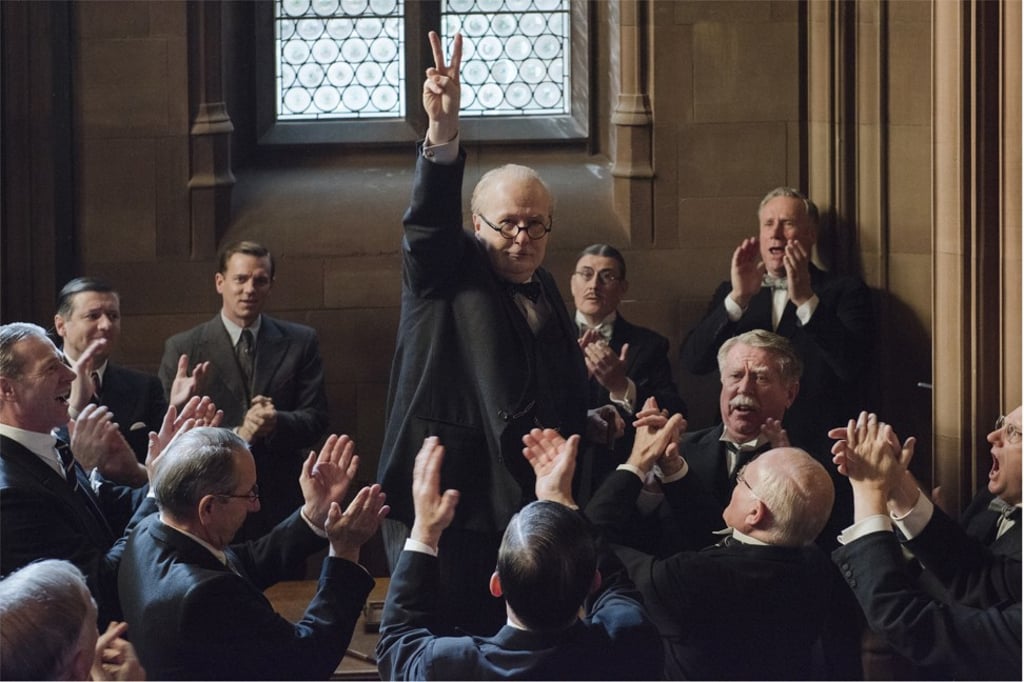China bike-sharing firm Ofo’s CEO rebuffs offer and rallies employees to ‘fight till the end’
China’s dockless bicycle-sharing industry has seen a wave of consolidation, with market leader Mobike being acquired by Meituan-Dianping and Ofo the last remaining major independent player

Chinese bike-sharing firm Ofo held an internal meeting on Monday at which co-founder and CEO Dai Wei sought to rally the company by comparing the Beijing-based start-up’s current status to Winston Churchill and wartime Britain as portrayed in the drama Darkest Hour, according to people familiar with the situation.
In the film, Churchill, as prime minister, opposed appeasement and sought to fight against Nazi Germany against long odds. In the film, he sacrificed British troops to buy time for an evacuation of a bigger force of British and other Allied troops from the French seaport of Dunkirk.

Ofo’s dark times appear to refer to acquisition talks held with Chinese ride-hailing giant Didi Chuxing at the end of April, according to people familiar with the situation who asked not to be identified because the information isn’t public. Two weeks ago, Dai held talks with Didi CEO Cheng Wei about a potential offer but Dai told Cheng that Ofo would never give up, according to one of the people.
Ofo declined to comment on the matter as did a spokesperson for Didi Chuxing.
Dai told those attending Monday’s meeting that they can leave the company now if they do not want to fight until the end, according to the people. He said that the company would remain independent in future and that Ofo’s five founders each have a seat on the company’s nine-member board.